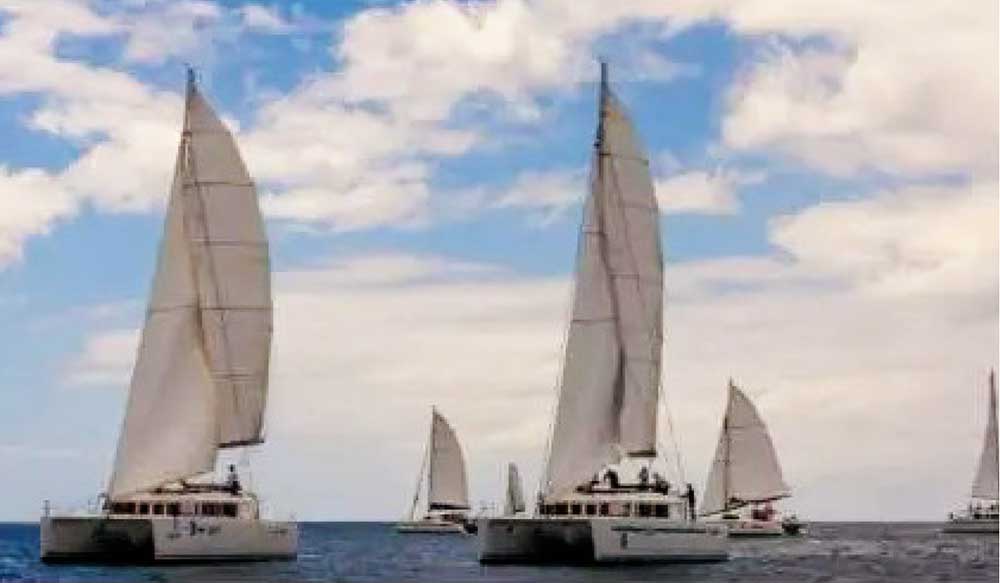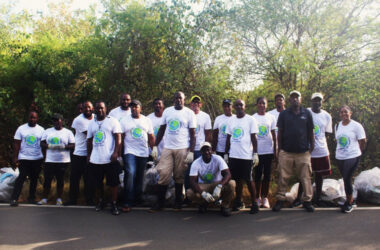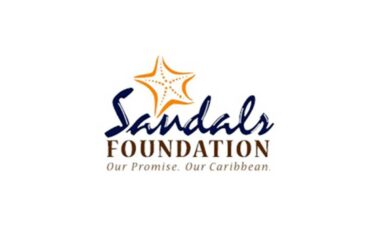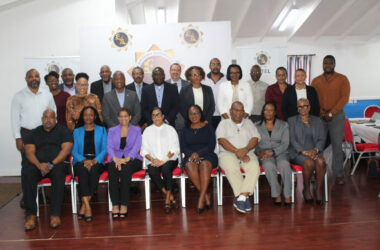Marine pollution has become such an issue of major concern to regional tourism industry stakeholders that it necessitated the commissioning of a consultative report to better address it.

The report, conducted by St Lucian marine consultant Cuthbert Didier, provides comprehensive detail on the myriad of oceanic hazards that has to be dealt with urgently to sustain livelihoods in the ever-developing ‘Blue Economy’.
The new report proposes several recommendations to address marine pollution from pleasure vessels, notably yachts and tourism centres in Caribbean islands, including Jamaica.
On the question of the timing of the report, taking into consideration increasing economic prospects that are in store for the marine industry, Didier said the timing was perfect “in that it was right during Covid and several countries of the Eastern Caribbean and most of the islands involved in the study had their borders closed so there was a reduction in traffic.”
“And it was seen firsthand the improvement in the water quality. But, more importantly, the study really highlights the need for pristine, clear, unpolluted waters if they want to develop the yachting product and really maximize it, in terms of the economic value,” he added.
Heavy emphasis is focused on the ‘black water’ problem – a global issue negatively impacting the industry. Notably, the report seeks to help establish the development of a public-private partnership to reduce marine pollution from such vessels and tourism centres.
The report was commissioned by the Caribbean Public Health Agency (CARPHRA), under Component 2 of the GEF IWEco Project, and placed emphasis on eight of 10 islands under the project.
The recommendations are for Antigua and Barbuda; Barbados; Grenada; Saint Lucia; Saint Kitts and Nevis; Saint Vincent and the Grenadines and Trinidad and Tobago – to make use of sewage pump-out facilities at all ports of entry, marinas, boatyards and approved anchorage areas mandatory.
The report also recommends that islands consider the introduction, in the customs declaration forms, of the size of holding tanks of vessels clearing in and out of the state. In addition, it states, there is a need to implement policy that seals holding tanks of yachts once on dry dock for long-term storage (beyond seven days) in boatyards.

Also, the report recommends that measures should be taken to consider the inclusion of water testing as a prerequisite for the licensing of operations for not only touristic centres along the coast lines, but also marinas, boatyards, anchorage areas and touristic beaches.
The recommendations were made against the background of findings, including:
• That while the yachting market had traditionally served a relatively small niche market, it was noted in 2005 that there had been substantial growth over the last two decades for both charter cruises and bareboating;
• That this, combined with more recent data, confirmed the significant expansion of yachting in the region over the last 30 years; and
• That continued growth is expected.
Furthermore, the report states that marine pollution, for which solid waste and waste water are among the more prevalent sources, is widespread across the region and poses a serious threat to the blue economy.
“Waste water management remains a challenge in the Caribbean and in the tourism industry, in particular. In 1996, it was estimated that 75 percent of waste water treatment plants operated by hotels and resorts (so-called package plants) in the Caribbean did not comply with basic effluent discharge criteria,” the report noted. “Construction of hotels, recreation, and other facilities often leads to increased sewage pollution. Improper sewage management compromises nearshore water quality in many coastal regions.”
Noting the severe hazards posed by the ‘Black water’ dilemma, the report warned: “While these may all negatively impact the quality of seawater and the marine environment in general, the primary concern is black water pollution. Black water, or sewage pollution from recreational boats, is an increasing problem worldwide, and is of particular concern in popular tourism destinations like the Caribbean and the Mediterranean.”
In 2019, the report states, in five sub-regional territories, namely; Antigua and Barbuda, Grenada, Saint Kitts, and Nevis, Saint Lucia, and St Vincent and the Grenadines more than one million gallons (1,059,036) of black water and more than 47 million gallons of grey water were generated.
It was further reported that respective islands have taken steps to address the challenge, which includes; legislation and interventions that address, at least in part, sewage or black water discharge together with waste water treatment systems.
Taking into account some of the problems related to in-house sewage and other inland issues, the report advises that, “Touristic commercial centres should [also] ensure the management of garbage takes into account recycling and other global best practices. Such centres should be encouraged to implement in-house management systems which address best water quality controls and efficient garbage systems. [Further], black and grey water should be treated in-house at touristic commercial centres and must not at any time be discharged into the coastal water.”
With increasing economic prospects for the Caribbean region –heavily dependent on economic fortunes from the hospitality sector –the marine industry and by extension the yachting sector aptly compliments the thrust for sustainable growth in the field.
Didier notes that it is important for the islands to take on a holistic approach to this crucial issue: “What we need is for all the islands, either collectively or single-handedly to address and draft policies to control this pollution and further, it may be best to have some sort of collective, uniform legislative framework so that we can regulate this, monitor it, and curb the huge influx of this grey and black water discharge from visiting yachts.”
While CARPHRA was the lead agency for this exercise, Didier asserts that: “It is very important that this report be distributed to marine operators, ministries of tourism, and to marketing people.”
The marine consultant adds: “But, most importantly to the private sector persons involved in the yachting sector. I feel that there is also an opportunity in the business component, especially on anchorage spots to provide a service that’s much needed that need not be supplied by government agencies.”














